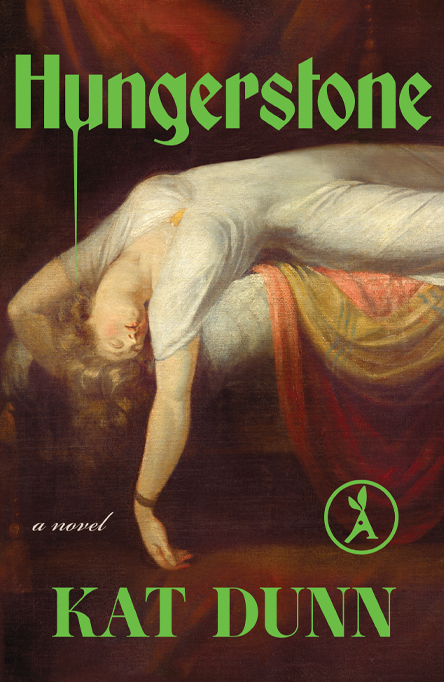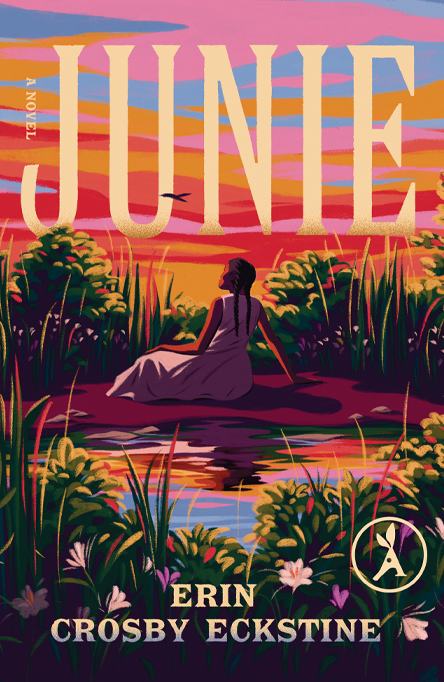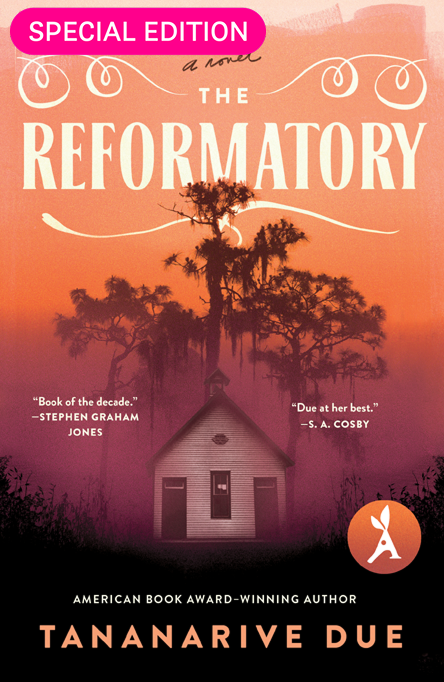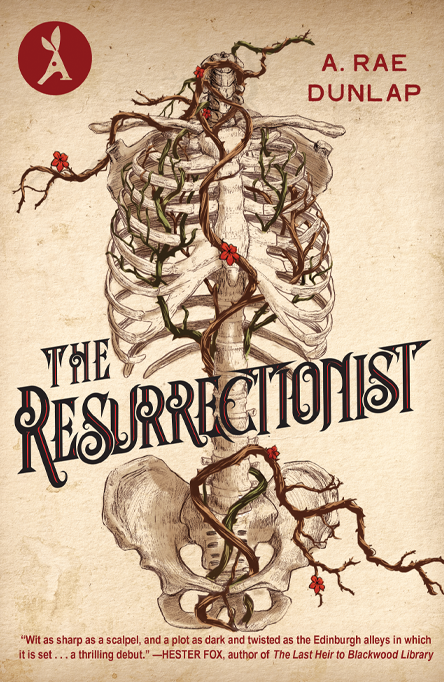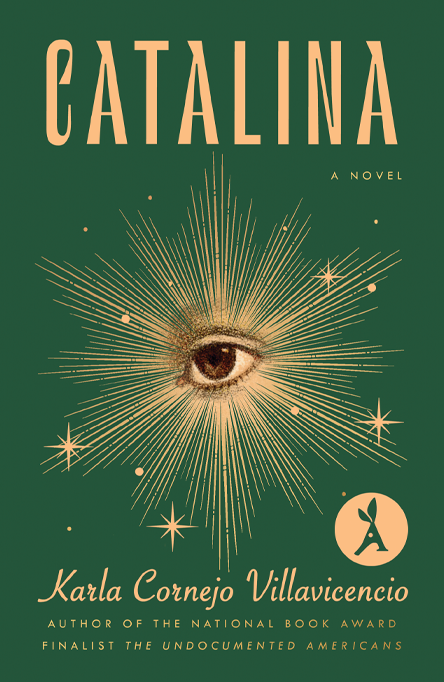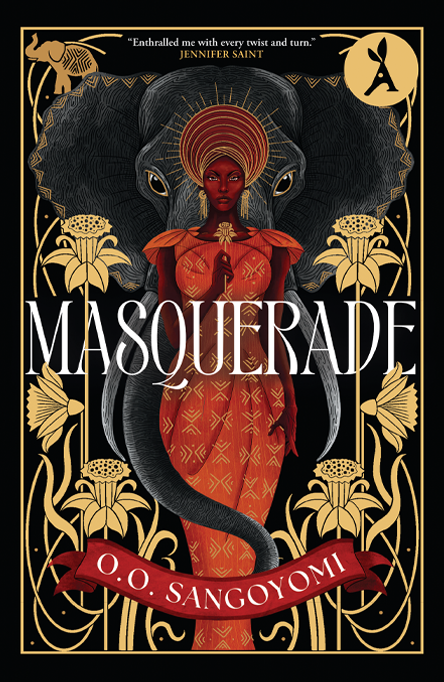A brilliant, action-packed reimagining of Adventures of Huckleberry Finn, both harrowing and ferociously funny, told from the enslaved Jim’s point of view. From the “literary icon” (Oprah Daily) and Pulitzer Prize Finalist whose novel Erasure is the basis for Cord Jefferson’s critically acclaimed film American Fiction.
Slavery, racism, racist slurs, murder, rape, violence, child abuse.
When the enslaved Jim overhears that he is about to be sold to a man in New Orleans, separated from his wife and daughter forever, he decides to hide on nearby Jackson Island until he can formulate a plan. Meanwhile, Huck Finn has faked his own death to escape his violent father, recently returned to town. As all readers of American literature know, thus begins the dangerous and transcendent journey by raft down the Mississippi River toward the elusive and too-often-unreliable promise of the Free States and beyond.
While many narrative set pieces of Adventures of Huckleberry Finn remain in place (floods and storms, stumbling across both unexpected death and unexpected treasure in the myriad stopping points along the river’s banks, encountering the scam artists posing as the Duke and Dauphin…), Jim’s agency, intelligence and compassion are shown in a radically new light.
Brimming with the electrifying humor and lacerating observations that have made Everett a “literary icon” (Oprah Daily), and one of the most decorated writers of our lifetime, James is destined to be a major publishing event and a cornerstone of twenty-first century American literature.
Don't just take our word for it...
“Blasted clean of Twain’s characterization, Jim emerges here as a man of great dignity, altruism, and intelligence. . . Clever, soulful, and full of righteous rage, [Jim’s] long-silenced voice resounds through this remarkable novel. Subversive and thrilling, James is destined to become a modern classic.”
– Esquire
“[A] careful and thought-provoking auditing of Huckleberry Finn. . . [James is] a kind of commentary or midrash, broadening our understanding of an endangered classic by bringing out the tragedy behind the comic facade. And that is no small thing. I expect that James will be spoken of as a repudiation of Huckleberry Finn, but a book like this can only be written in a spirit of engaged devotion. More than a correction, it’s a rescue mission. And maybe this time it will work.”
– The Wall Street Journal
“Heir to Mark Twain’s satirical vision, Everett turns a boyhood memoir into a neo-fugitive slave narrative thriller. . . Using erasure, Everett has produced a daring emendation. Redacting swaths of Huck Finn, he’s revealed another code: the untranslated story of James’s self-emancipation. . . James is a provocative, enlightening work of literary art.”
– The Boston Globe
Taste the very first page
Those little bastards were hiding out there in the tall grass. The moon was not quite full, but bright, and it was behind them, so I could see them as plain as day, though it was deep night. Lightning bugs flashed against the black canvas. I waited at Miss Watson’s kitchen door, rocked a loose step board with my foot, knew she was going to tell me to fix it tomorrow. I was waiting there for her to give me a pan of corn bread that she had made with my Sadie’s recipe. Waiting is a big part of a slave’s life, waiting and waiting to wait some more. Waiting for demands. Waiting for food. Waiting for the ends of days. Waiting for the just and deserved Christian reward at the end of it all.
Those white boys, Huck and Tom, watched me. They were always playing some kind of pretending game where I was either a villain or prey, but certainly their toy. They hopped about out there with the chiggers, mosquitoes and other biting bugs, but never made any progress toward me. It always pays to give white folks what they want, so I stepped into the yard and called out into the night…
You might also like
Historical FictionLGBTQIA+Gothic FictionIncludes a DogHorror
Blood on Her Tongue
Lucy's twin sister Sarah is unwell. She refuses to eat, mumbles nonsensically, and is increasingly obsessed with a centuries-old corpse recently discovered on her husband's grand estate.
Historical FictionLGBTQIA+Gothic FictionHorror
Hungerstone
A compulsive feminist reworking of Carmilla, the queer novella that inspired Dracula.
Historical FictionDebut NovelMagical Realism
Junie
A young girl must face a life-altering decision after awakening her sister’s ghost, navigating truths about love, friendship, and power as the Civil War looms.
Good Girl
An electric debut novel about the daughter of Afghan refugees and her year of self-discovery and a portrait of the artist as a young woman set in a Berlin that can’t escape its history.
The Reformatory (2024 Members’ Choice)
A gripping, page-turning novel set in Jim Crow Florida that follows Robert Stephens Jr. as he’s sent to a segregated reform school that is a chamber of terrors where he sees the horrors of racism and injustice, for the living, and the dead.
Historical FictionDebut NovelLGBTQIA+Gothic Fiction
The Resurrectionist
A twisty gothic debut set when real-life serial killers Burke and Hare terrorized the streets of Edinburgh, as a young medical student is lured into the illicit underworld of body snatching.
What It’s Like in Words
A dark, intense, and compelling account of what happens when a young woman falls in love with the wrong kind of man.
Historical FictionDebut NovelIncludes a Dog
Eleanore of Avignon
The story of a healer who risks her life, her freedom, and everything she holds dear to protect her beloved city from the encroaching Black Death.
Colored Television
A brilliant dark comedy about love and ambition, failure and reinvention, and the racial-identity-industrial complex.
Catalina
by Karla Cornejo Villavicencio
A year in the life of the unforgettable Catalina Ituralde, a wickedly wry and heartbreakingly vulnerable student at an elite college.
Historical FictionDebut NovelMagical Realism
Masquerade
Set in a wonderfully reimagined 15th century West Africa, Masquerade is a dazzling, lyrical tale exploring the true cost of one woman’s fight for freedom and self-discovery, and the lengths she’ll go to secure her future.


